Lytro Development Kit lets NASA and others build Customized Light Field Cameras
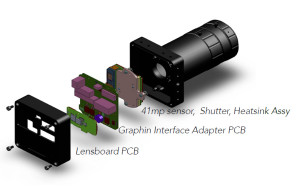 Following two products aimed at the consumer and pro-sumer camera markets, Lytro has released the Lytro Development Kit [link updated to our local copy, since Lytro went offline] (LDK) which opens up the technology to anybody, for a price.
Following two products aimed at the consumer and pro-sumer camera markets, Lytro has released the Lytro Development Kit [link updated to our local copy, since Lytro went offline] (LDK) which opens up the technology to anybody, for a price.
The Lytro Development Kit (LDK) […] is designed for companies that want to explore developing custom light field cameras and applications for use cases outside of photography and storytelling.
The Lytro Development Kit provides imaging researchers with the highest degree of control of Lytro’s advanced light field capture devices and processing software engine. It paves the path for deeper partnerships with technical R&D teams and enterprises in new undiscovered scientific territories with access to a dedicated prototyping board, sensor, C-mount lens and focal plane shutter.
Starting at 20,000 US-Dollars annually, companies (and very rich people) can license Lytro’s technology and explore the possibilities using a development kit that includes a high-quality light-field optimized lens, the Lytro Illum‘s 41MP light field sensor, image processor system, and Lytro’s proprietary software and imaging algorithms plus Python API. Updates to both hardware and software are included in the annual subscription.
In an interview with The Verge, Lytro CEO Jason Rosenthal explained, “We have a strong flood of inbound interest of people who want to leverage light-field photography for their applications, and our response has been ‘that’s interesting, but we’re inventing the future of photography and that’s taking up 100 percent of our time.”
Along with the press release, Lytro announced partnerships with four companies who are already working with the LDK: NASA’s Jet Propulsion Laboratory wants to develop “new cameras that look into deep space and cameras that may be mounted on future rovers”. Medical startup General Sensing is evaluating the use of light field technology for baby and child health monitoring. The U.S. Department of Defence aims to build more efficient and lightweight night vision goggles, and an as-of-yet unnamed “major industrial partner” company is exploring use in the “monitoring of radiation exposure in nuclear power plants”.
“In the normal course of our business, we would just never get to build new products like that,” Jason Rosenthal, CEO of Lytro, tells WIRED. “But through the LDK, we’re able to open up the platform and technology in this way, so all these customers can really go after esoteric applications and spread the adoption and capabilities of the product.”
via, via [link updated to local copy, since Lytro went offline], via, via, via
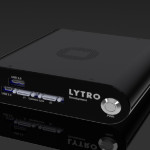
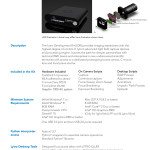
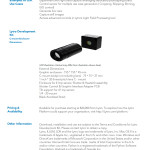
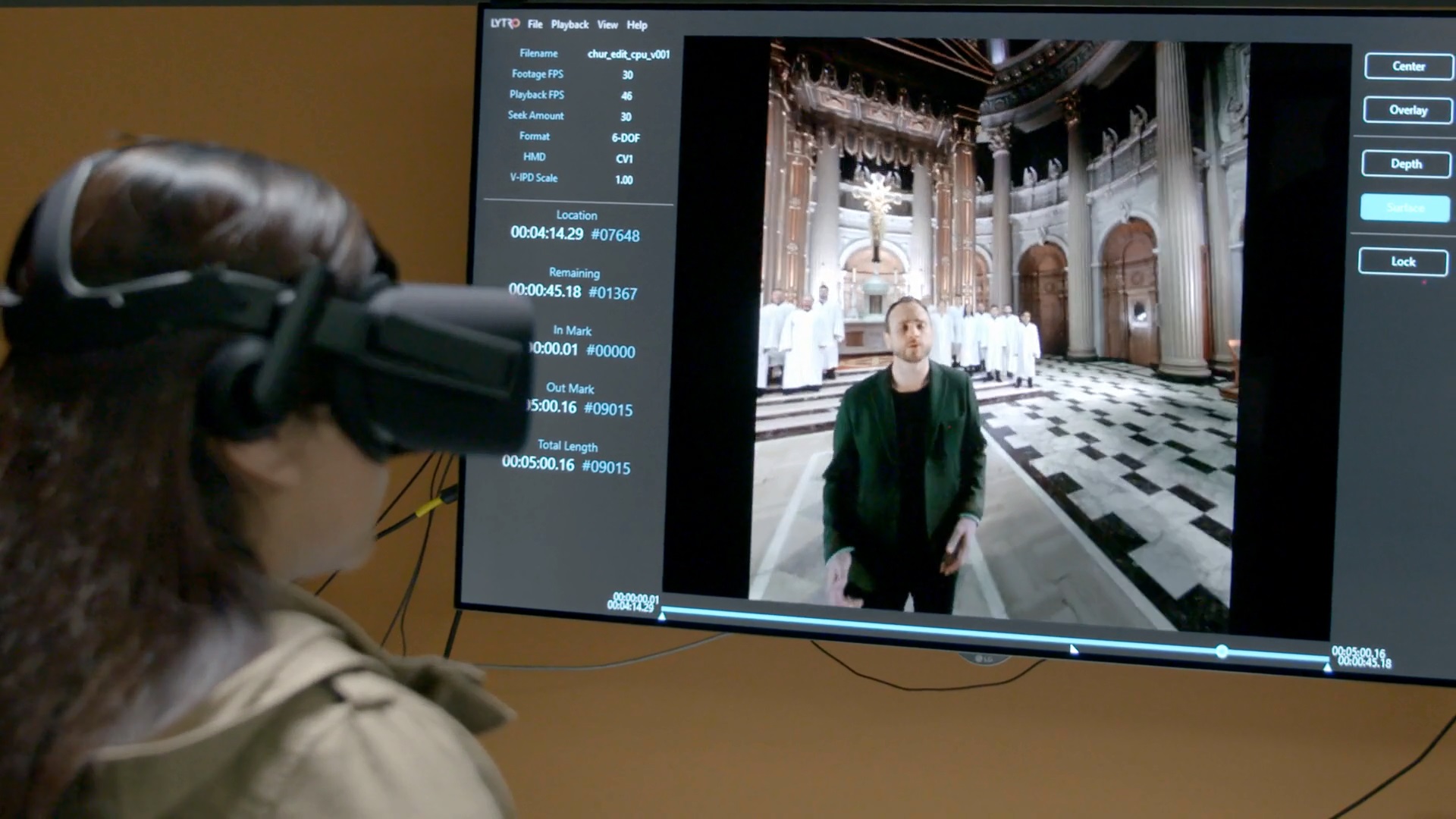
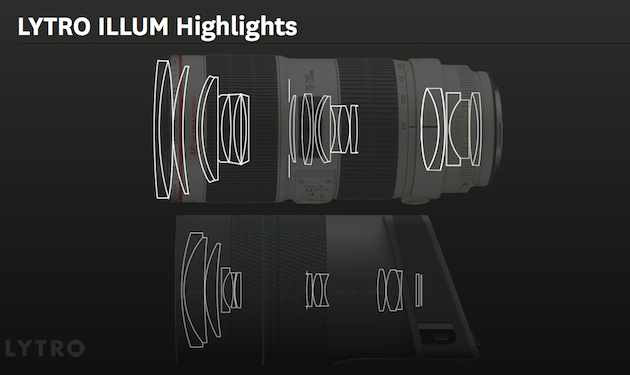





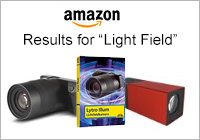
Recent Comments